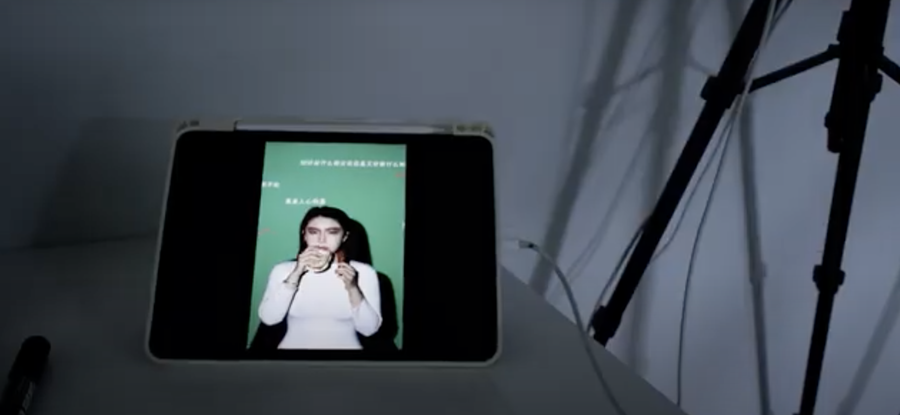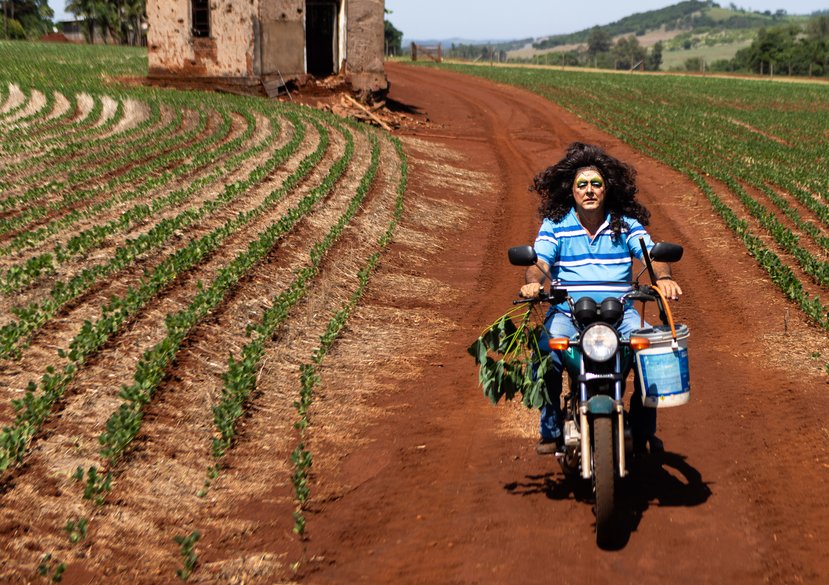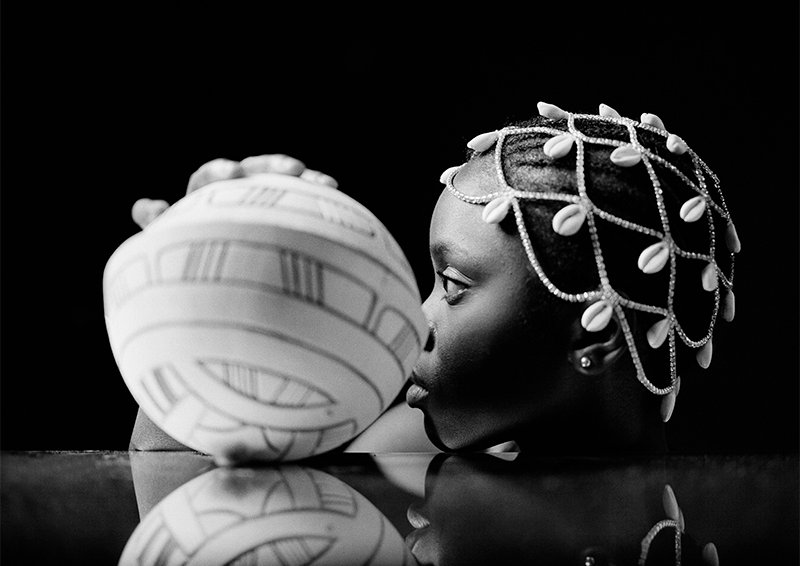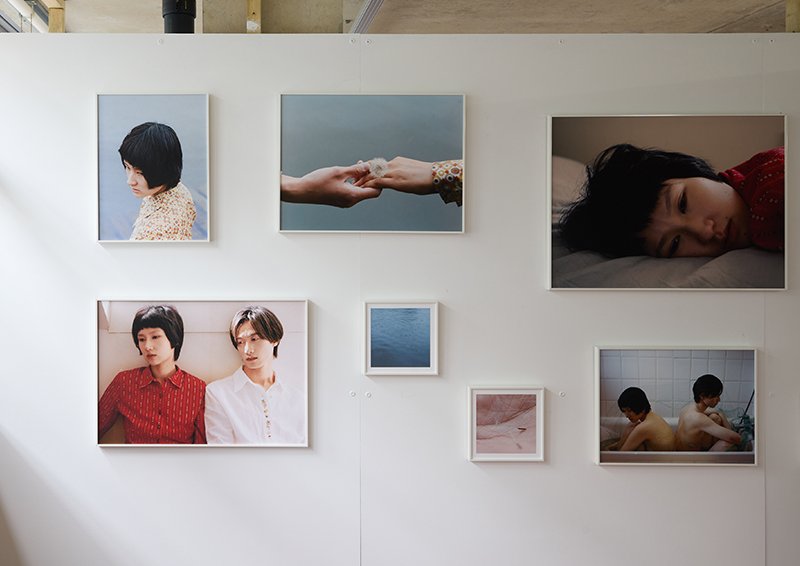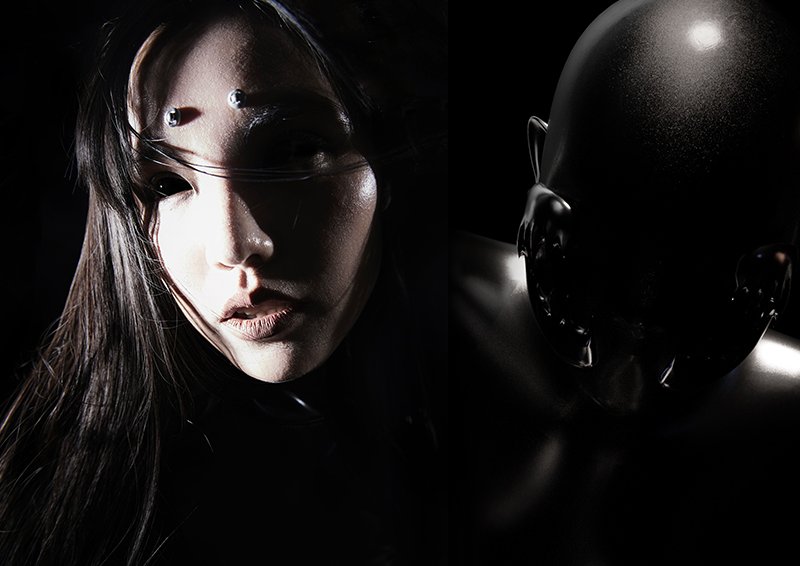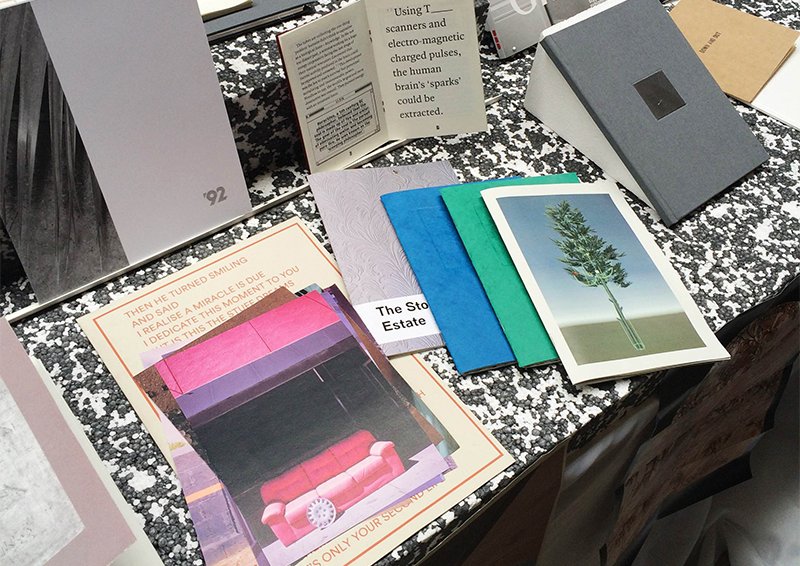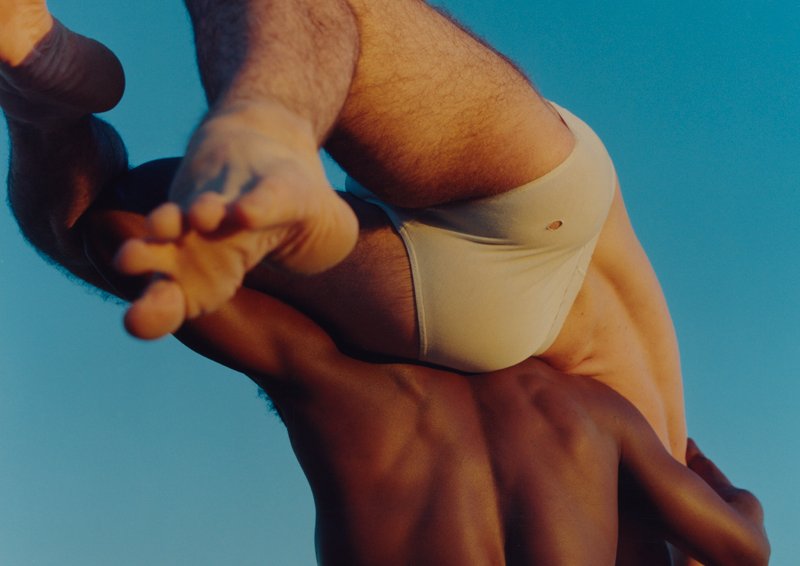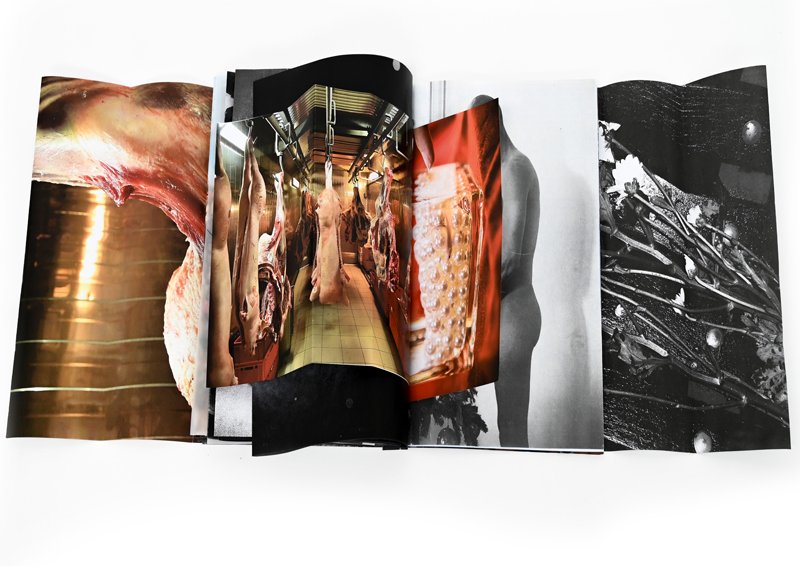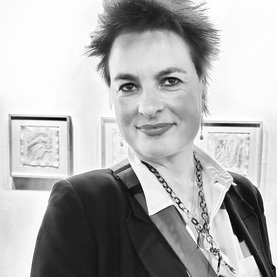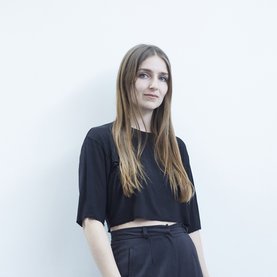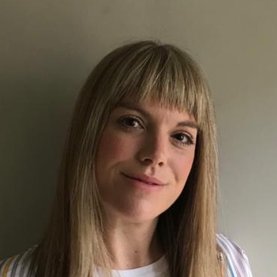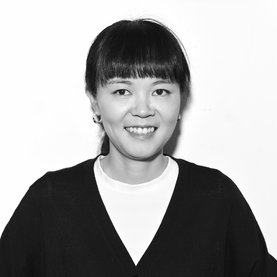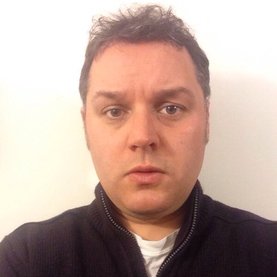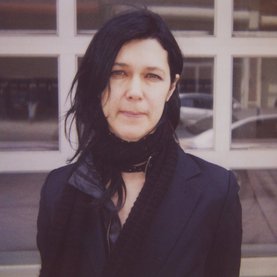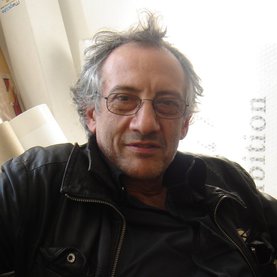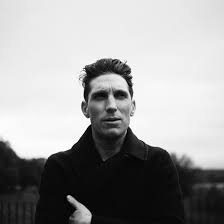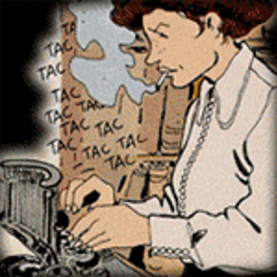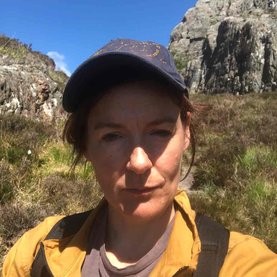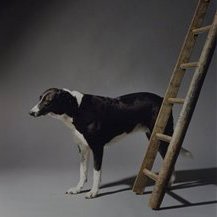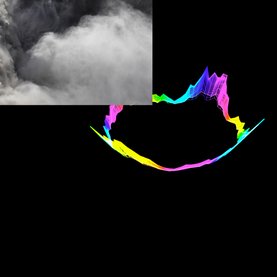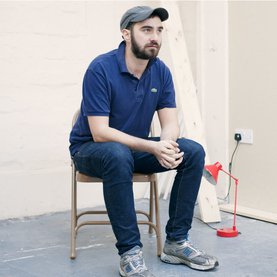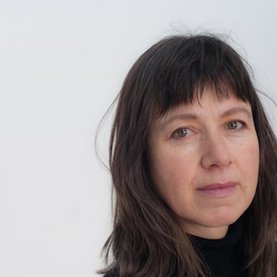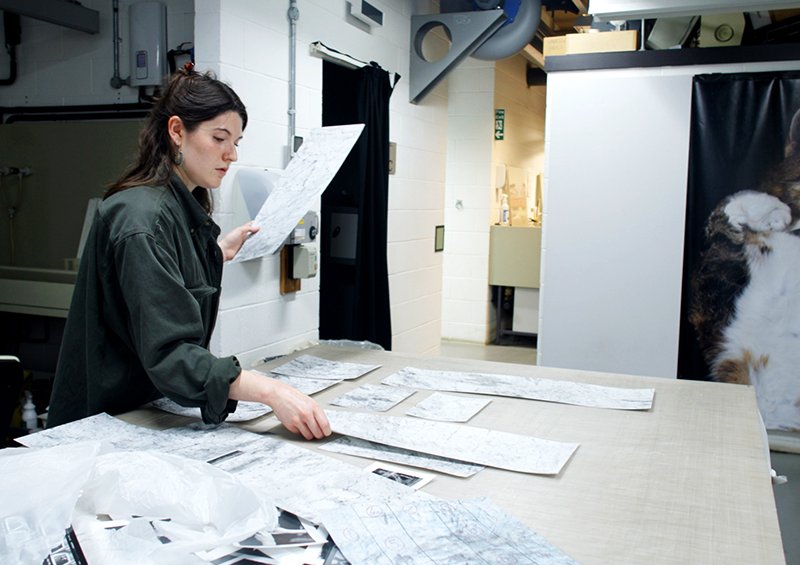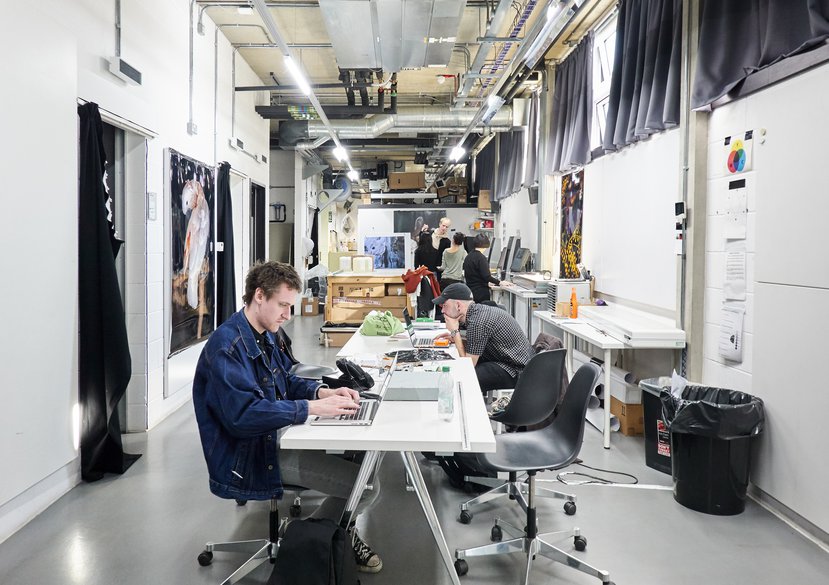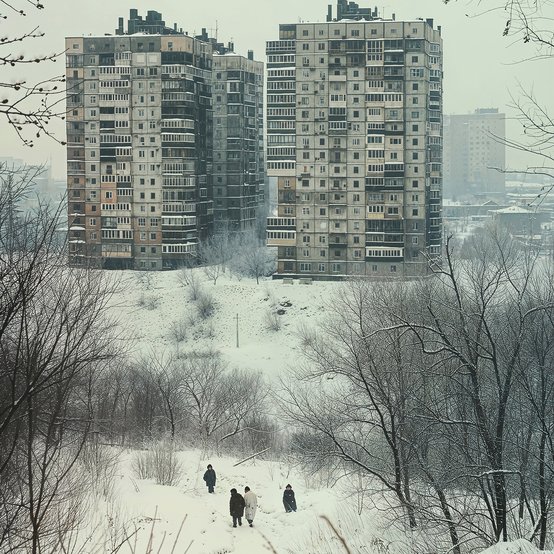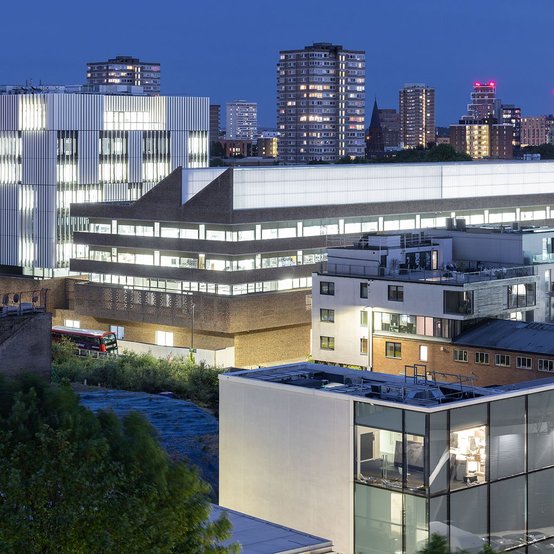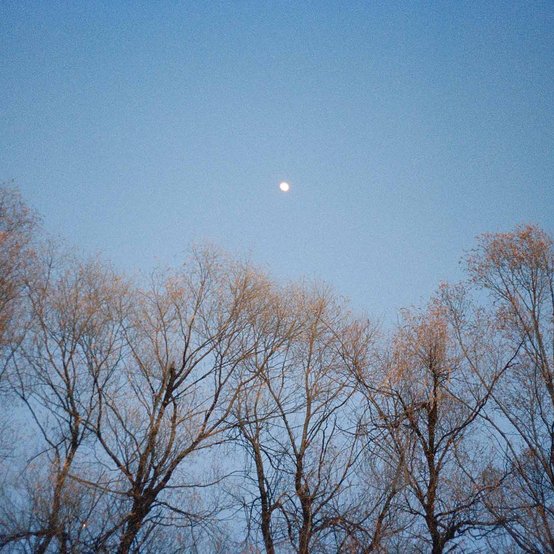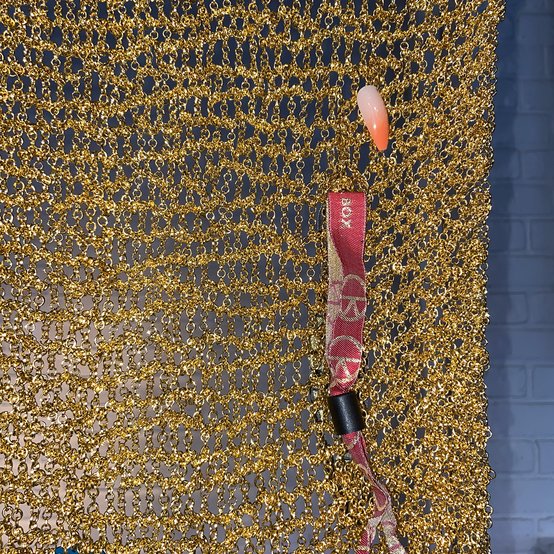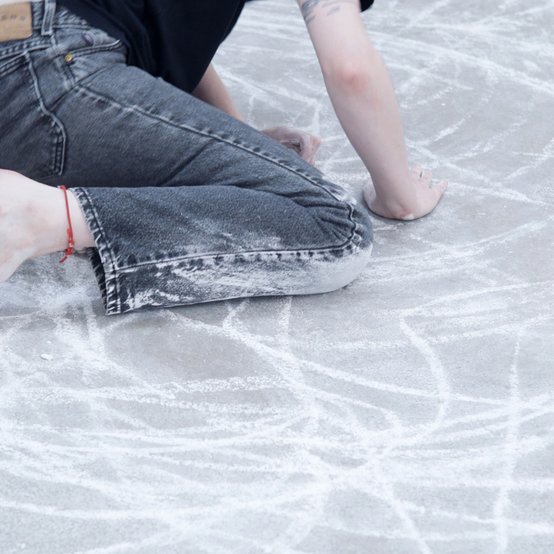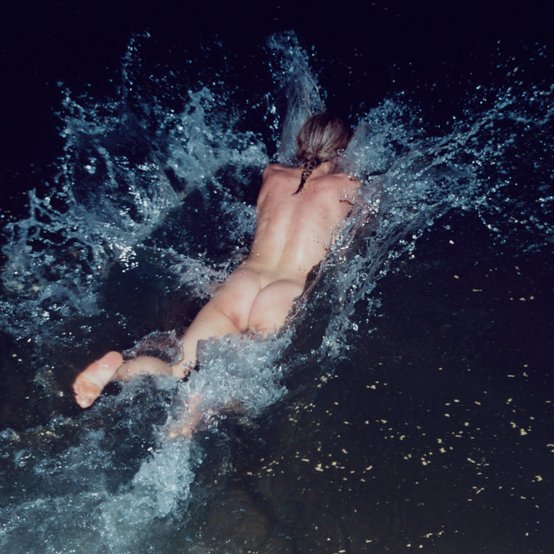
Overview
Productive fluidity
Key details
- 180 credits
- 1 year / 45 week programme
- Full-time study
School or Centre
Current location
- Battersea
Next open event
Next application deadline
- Applications closed, please check back soon
An expanded and interdisciplinary art practice with no fixed identity.
Photography at the RCA offers a critical and educational environment where you can develop as an artist, with photography at the core of your practice. We have a fluid approach to image-making. Whether still or moving, analogue or digital, the image is, for us, thoughtful and playful: an allegorical and thoroughly visual form.
We understand photography as a discourse that encompasses and extends across multiple practices. This disregard for a fixed essence is photography’s strength: no aesthetic purity but a range of rhetorical forms used to create fact, fiction and fantasy. Equally, the boundary between the still and the moving image is fluid and porous, enabling new forms of image-making to be created and disseminated.
An informed practice of photography acknowledges the heterogeneous traditions of fine art and visual culture. It engages with practices of reading and writing about the image. At the RCA, your studies will be characterised by the dialogue between theory and practice. The Photography programme is within the School of Arts & Humanities, and your studies here will be grounded in the studio practices and theories of contemporary art rather than media and communication studies.
Catch the replays from our latest online Open Day.
Applications are closed for our 2025 intake and will open in autumn for September 2026 entry. Register your interest to be the first to know when applications open.
Gallery
Staff
Facilities
The School of Arts & Humanities is located across our Battersea and Kensington sites.
View all facilitiesAll full-time students on fine or applied arts programmes are provided with studios or workspace, and access to specialist workshops. There are a number of bookable seminar and project spaces across the site available to all Arts & Humanities students.
Our alumni
Our alumni form an international network of creative individuals who have shaped and continue to shape the world. Click on each name to find out more.
Where will the RCA take you?More details on what you'll study.
Find out what you'll cover in this programme.
What you'll cover
Programme structure
The programme is delivered across three terms and includes a combination of programme, School and College units.
Term 1
Situating Photography: Practice and Discourse (45 credits) orientates you through resource inductions and workshops. You will be introduced to the programme community in student and staff presentations.
Across Terms 1 and 2, you will participate in AcrossRCA, the College-wide unit. See below for more details.
Term 2
The Making Public unit (30 credits) situates photography as an expanded and expanding field in contemporary art. Particular attention is placed on the materiality and performativity of the image.
In term two, all School of Arts & Humanities students will participate in the Urgency of the Arts unit (15 credits). In this unit we ask how arts and humanities research and practice can engage with our current socio-political climate and how might it shape, be necessary and essential in contemporary cultural debates.
The unit introduces students to diverse perspectives, approaches, and methods relevant to contemporary practice and thought in the arts and humanities. The delivery, predominantly based on workshops and featuring specialist presentations by leading artists aims to assist students in recognising, questioning, expanding, and reevaluating their own artistic practices and disciplinary assumptions. Through interactions with staff and students from across the School, as well as through a variety of methodological approaches, students will develop an understanding of the contemporary concerns that shape and influence artistic practice.
You will be supported in understanding the possibilities, complexities and impact of your own work. You will be encouraged to contextualise this within broad cultural landscapes to recognise and emphasise its potential and the complex ways your work may be received and understood.
Term 3
The Independent Research Project (60 credits) takes three parts.
In Part A: Independent practice you will explore ways to make your independent project public, working towards an exhibition of your artwork. You work autonomously towards understanding practice-led methodologies, critical reflection and exhibition.
In Part B: Public Exhibition you will come together to make an exhibition exploring the practical and conceptual implications of staging, making public, and working in conjunction with others. The making of the exhibition is a reflexive site for innovation and development. A viva voce takes place in the exhibition when you will present your work to a panel of Personal and Senior Tutors. After this, the exhibition opens to the public.
Part C: Professional Practice takes place after the exhibition as a programme of professional practice seminars that arts professionals will predominantly staff. These seminars provide a context to explore reception, dissemination and professional identity ideas. Towards the end of the unit, using skills gained from the professional practice seminars, you will consolidate the work presented in your exhibition and work towards developing a digital platform or a small print publication. This can be done independently or in collaboration and will establish your professional identity, supporting the further dissemination of your practice beyond the institution.
This MA is delivered over 45 weeks.
AcrossRCA
AcrossRCA is a compulsory 30-credit unit which is delivered as part of all MA programmes.
Situated at the core of your RCA experience, this ambitious interdisciplinary College-wide unit supports you in responding to the challenges of complex, uncertain and changing physical and digital worlds. Developed in response to student feedback, AcrossRCA creates an exciting opportunity for you to collaborate meaningfully across programmes.
Challenging you to use your imagination and intellect to respond to urgent contemporary themes, this ambitious unit will provide you with the opportunity to:
- make connections across disciplines
- think critically about your creative practice
- develop creative networks within and beyond the College
- generate innovative responses to complex problems
- reflect on how to propose ideas for positive change in local and/or global contexts
AcrossRCA launches with a series of presentations and panel discussions from acclaimed speakers who will introduce the themes and act as inspirational starting points for your collaborative team response.
Delivered online and in-person across two terms, the unit has been designed to complement your disciplinary studies and to provide you with a platform to thrive beyond graduation.
Requirements
What you need to know before you apply
Candidates are selected entirely on merit and applications are welcomed from all over the world. The selection process considers creativity, imagination and innovation as demonstrated in your portfolio, as well as your potential to benefit from the programme and to achieve high MA standards overall.
You are generally expected to have a good BA degree from a photography or fine art course. You should be able to demonstrate an original and critical approach to photography as well as an ability to engage with current theories of art and culture that inform your practice.
What's needed from you
Portfolio requirements
Photography is a medium that is constantly shifting, and as such we welcome submissions that reflect a diversity of practice, materials and artistic strategies. These may include still or moving image, installation, performance, text-based works and other interstitial or relational practices. Our programme is rooted in Fine Art practice rather than commercial approaches to Photography, and your portfolio should align with that focus.
Your portfolio forms a significant part of your application to the programme, and so please consider what you submit very carefully.
- You can upload up to five artworks, one in each of the spaces provided.
- The work should be made by you (if collaborative, please indicate and state your contribution), and focus on recent work where possible.
- For each work submit either image, PDF, video, audio as appropriate, along with a short text with title, date, size, medium and brief description.
- If you would like to include multiple files for a single artwork please combine them into a PDF as images and/or URLs (add URLs into the description box).
- In your written statement please describe your work and the positions it takes in response to the social, political and economic context in which it is produced and shared.
- Tell us about the ideas you engage with and include artists, writer and thinkers that you have learned from to develop your own practice.
We will review your visual portfolio and written statement based on how innovatively you engage with photography and how successfully you describe your work.
Personal statement
Please provide a 300-word written personal statement that addresses the following points:
- Introduce yourself, your interests and your motivations for applying to the Royal College of Art, and to this programme in particular.
- Briefly summarise any educational background and professional experience to date that will support your application.
- Tell us what you want to do in the future.
Video requirements
We ask that you upload a two-minute video recorded on your phone or laptop, speaking to us directly. High production qualities are not needed. We will review the work in your portfolio, so keep your video simple.
- In your video, please describe your art practice and how it explores and relates to ongoing debates in contemporary art.
- Let us know how you understand Photography – historically, conceptually and experientially – in relation to your work.
- Include any practice-based or contextual research that has influenced your practice, and elaborate on the questions previously asked for in your written statement.
English-language requirements
If you are not a national of a majority English-speaking country you will need the equivalent of an IELTS Academic or UKVI score of 6.5 with a 6.0 in the Test of Written English (TWE) and at least 5.5 in other skills. Students achieving a grade of at least 6.0, with a grade of 5.5 in the Test of Written English, may be eligible to take the College’s English for Academic Purposes course to enable them to reach the required standard.
You are exempt from this requirement if you have received a 2.1 degree or above from a university in a majority English-speaking nation within the last five years.
If you need a Student Visa to study at the RCA, you will also need to meet the Home Office’s minimum requirements for entry clearance.
Fees & funding
For this programme
Fees for new students
Fees for September 2025 entry on this programme are outlined below. From 2021 onward, EU students are classified as Overseas for tuition fee purposes.
Home
Overseas and EU
Deposit
New entrants to the College will be required to pay a non-refundable deposit in order to secure their place. This will be offset against the tuition fees.
Home
Overseas and EU
Progression discount
For alumni and students who have completed an RCA Graduate Diploma and progress onto an RCA MA programme, a progression discount of £1,000 is available.
* Total cost is based on the assumption that the programme is completed in the timeframe stated in the programme details. Additional study time may incur additional charges.
Scholarships
Scholarships
The RCA scholarship programme is growing, with hundreds of financial awards planned for the 2025/6 academic year.
For more information and examples of financial awards offered in 2024/25, visit the Scholarships & awards webpage.
You must hold an offer to study on an RCA programme in order to make a scholarship application in Spring 2025. A selection of RCA merit scholarships will also be awarded with programme offers.
We strongly recommend that you apply for your programme as early as possible to stand the best chance of receiving a scholarship. You do not apply directly for individual awards; instead, you will be invited to apply once you have received an offer.
More information
Additional fees
In addition to your programme fees, please be aware that you may incur other additional costs associated with your study during your time at RCA. Additional costs can include purchases and services (without limitation): costs related to the purchase of books, paints, textiles, wood, metal, plastics and/or other materials in connection with your programme, services related to the use of printing and photocopying, lasercutting, 3D printing and CNC. Costs related to attending compulsory field trips, joining student and sport societies, and your Convocation (graduation) ceremony.
If you wish to find out more about what type of additional costs you may incur while studying on your programme, please contact the Head of your Programme to discuss or ask at an online or in person Open Day.
We provide the RCASHOP online, and at our Kensington and Battersea Campuses – this is open to students and staff of the Royal College of Art only to provide paid for materials to support your studies.
We also provide support to our students who require financial assistance whilst studying, including a dedicated Materials Fund.
External funding
There are many funding sources, with some students securing scholarships and others saving money from working. It is impossible to list all the potential funding sources; however, the following information could be useful.
Payments
Tuition fees are due on the first day of the academic year and students are sent an invoice prior to beginning their studies. Payments can be made in advance, on registration or in two instalments.
Ask a question
Get in touch if you’d like to find out more or have any questions.

